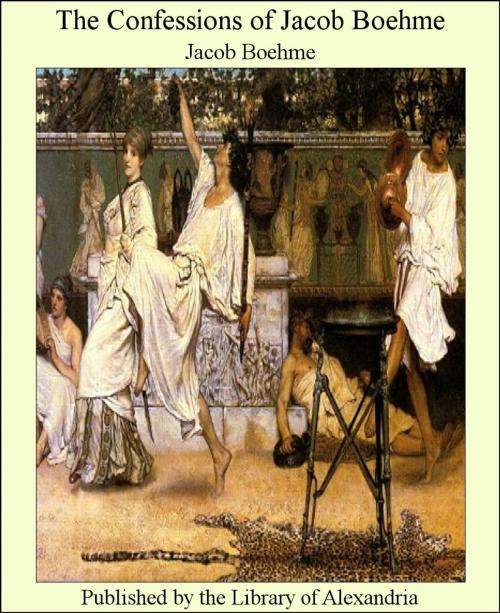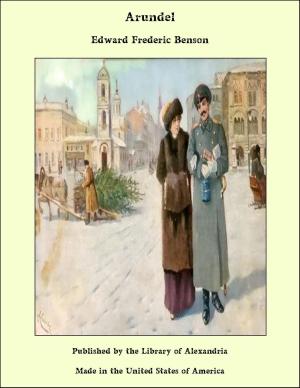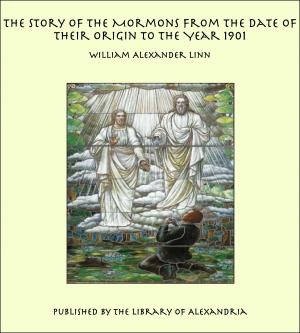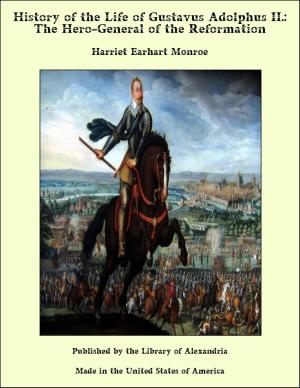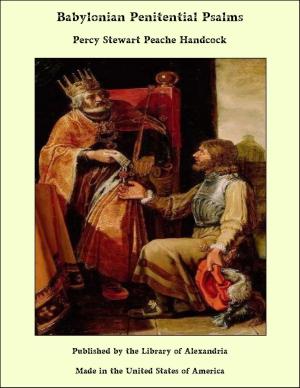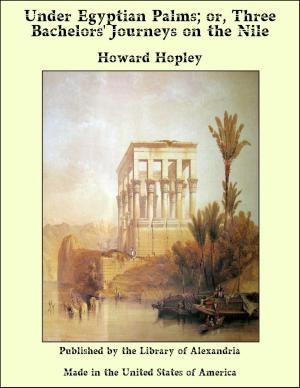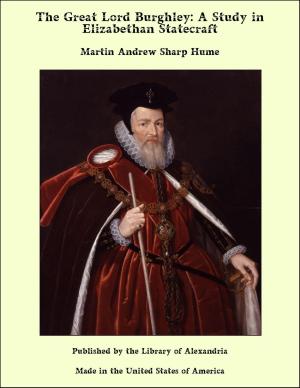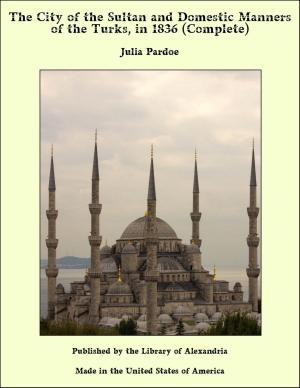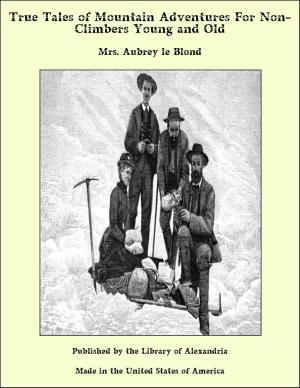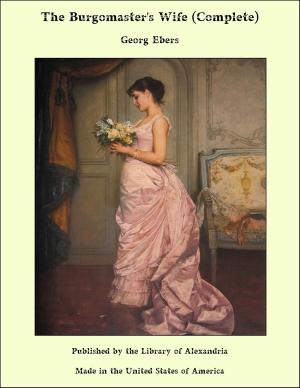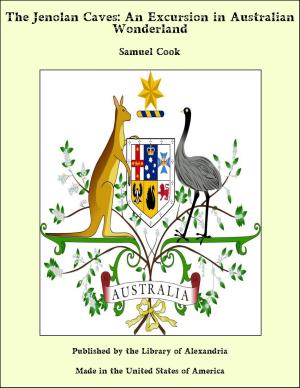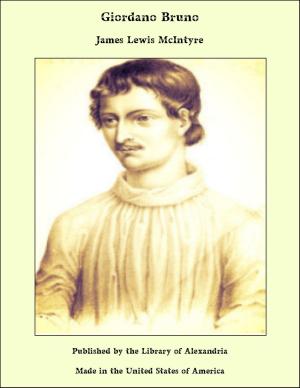The Confessions of Jacob Boehme
Nonfiction, Religion & Spirituality, New Age, History, Fiction & Literature| Author: | Jacob Boehme | ISBN: | 9781465527134 |
| Publisher: | Library of Alexandria | Publication: | March 8, 2015 |
| Imprint: | Language: | English |
| Author: | Jacob Boehme |
| ISBN: | 9781465527134 |
| Publisher: | Library of Alexandria |
| Publication: | March 8, 2015 |
| Imprint: | |
| Language: | English |
ONE day last winter, in a moment which I must confess to have been idle, I took up Dr. Alexander Whyte’s “Appreciation” of Behmen as, following William Law, he calls him. There I found the following passage: “While we have nothing that can properly be called a biography of Jacob Behmen, we have ample amends made to us in those priceless morsels of autobiography that lie scattered so plentifully up and down all his books. And nothing could be more charming than just those incidental and unstudied utterances of Behmen about himself. Into the very depths of a passage of the profoundest speculation Behmen will all of a sudden hrow a few verses of the most childlike and heart-winning confidences about his own mental history and his own spiritual experience. And thus it is that, without at all intending it, Behmen has left behind him a complete history of his great mind and his holy heart in those outbursts of diffidence, depreciation, explanation, and self-defence, of which his philosophical and theological, as well as his apologetic and experimental, books are all so full. It were an immense service done to our best literature if some of Behmen’s students would go through all Behmen’s books, so as to make a complete collection and composition of the best of these autobiographic passages. … It would then be seen by all, what few, till then, will believe, that Jacob Behmen’s mind and heart and spiritual experience all combine to give him a foremost place among the most classical masters in that great field.” I turned at once to the massive volumes of English translation which the eighteenth century has bequeathed to us. My copy has the name of Maurice on the title-page—Frederick Denison Maurice—for whom Boehme was, he said, “a generative thinker,” and on the fly-leaf there is John Sterling, whose granddaughter gave me the books. There I found, where before I had looked for the doctrine only, the man himself. I determined to do my best to extract from the formless mass of writings what was necessary to show that man. The old translation was known to be as faithful as could fairly be hoped for, and nothing better existed or could now be made. Twentieth-century English would not do. So I used my own copy and followed it very closely. No translation is as sacred as an original, and I have therefore allowed myself to make small changes in the interests of clearness and accuracy, hile carefully respecting both the style of the translator and the mind and meaning of the author
ONE day last winter, in a moment which I must confess to have been idle, I took up Dr. Alexander Whyte’s “Appreciation” of Behmen as, following William Law, he calls him. There I found the following passage: “While we have nothing that can properly be called a biography of Jacob Behmen, we have ample amends made to us in those priceless morsels of autobiography that lie scattered so plentifully up and down all his books. And nothing could be more charming than just those incidental and unstudied utterances of Behmen about himself. Into the very depths of a passage of the profoundest speculation Behmen will all of a sudden hrow a few verses of the most childlike and heart-winning confidences about his own mental history and his own spiritual experience. And thus it is that, without at all intending it, Behmen has left behind him a complete history of his great mind and his holy heart in those outbursts of diffidence, depreciation, explanation, and self-defence, of which his philosophical and theological, as well as his apologetic and experimental, books are all so full. It were an immense service done to our best literature if some of Behmen’s students would go through all Behmen’s books, so as to make a complete collection and composition of the best of these autobiographic passages. … It would then be seen by all, what few, till then, will believe, that Jacob Behmen’s mind and heart and spiritual experience all combine to give him a foremost place among the most classical masters in that great field.” I turned at once to the massive volumes of English translation which the eighteenth century has bequeathed to us. My copy has the name of Maurice on the title-page—Frederick Denison Maurice—for whom Boehme was, he said, “a generative thinker,” and on the fly-leaf there is John Sterling, whose granddaughter gave me the books. There I found, where before I had looked for the doctrine only, the man himself. I determined to do my best to extract from the formless mass of writings what was necessary to show that man. The old translation was known to be as faithful as could fairly be hoped for, and nothing better existed or could now be made. Twentieth-century English would not do. So I used my own copy and followed it very closely. No translation is as sacred as an original, and I have therefore allowed myself to make small changes in the interests of clearness and accuracy, hile carefully respecting both the style of the translator and the mind and meaning of the author
